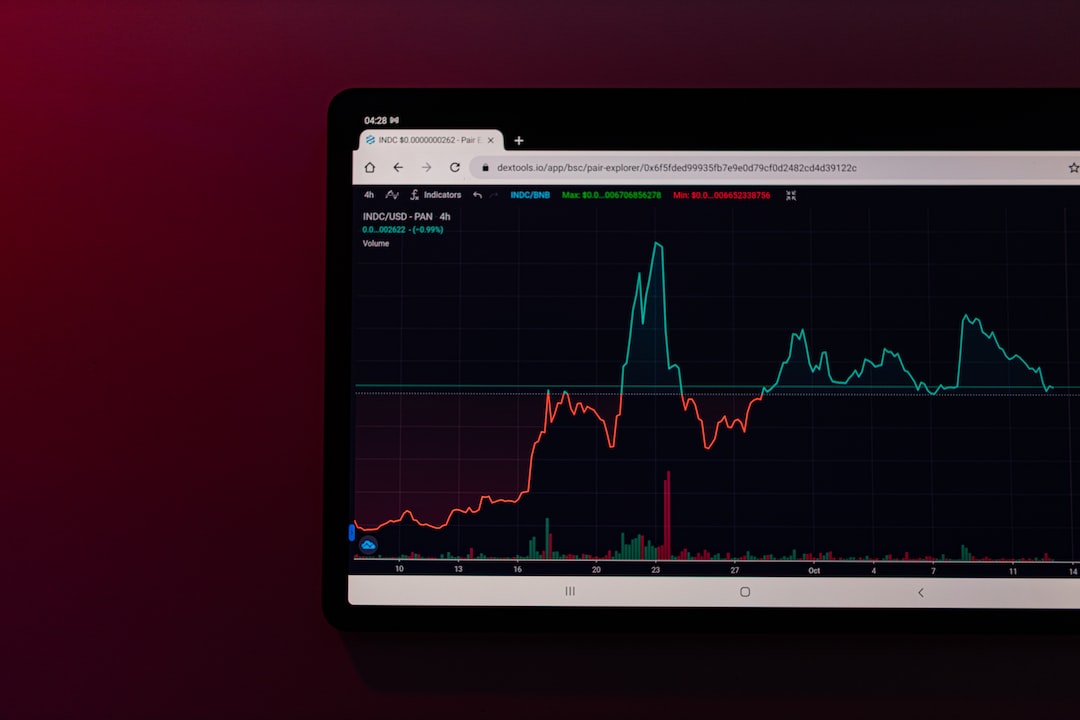Is Ethereum Becoming More Centralized After Two Major Upgrades?
A recent report by JPMorgan has revealed that Ethereum’s transition from Proof-of-Work to Proof-of-Stake, through the upgrades known as The Merge and Shanghai, has resulted in increased centralization. The switch has led to a surge in Ethereum staking but a decline in overall staking yield. This trend towards centralization is concerning as people generally prefer decentralized systems.
Greater Centralization, Less Yield
The report shows that the total staking yield for Ethereum has decreased from 7.3% to around 5.5% since the Shanghai upgrade. To combat centralization concerns, Lido Finance has emerged as an alternative for users who want to stake Ethereum without relying on a centralized entity. However, even with Lido’s efforts, there are still risks of centralization as it currently accounts for nearly one-third of all Ethereum staking.
“A concentrated number of liquidity providers or node operators could act as a single point of failure or become targets for attacks or collude to create an oligopoly that would promote their own interests at the expense of the interests of the community.”
In addition to centralization risks, the report also highlights rehypothecation as a concern. This practice involves using an asset or collateral for multiple loans simultaneously. While it can increase liquidity and reduce borrowing costs, it also amplifies risks during financial stress.
Ethereum’s Co-founder Warns of Liquid Staking
Liquid staking offers benefits to users and the blockchain ecosystem by making the network safer and providing extra rewards. However, it comes with high risks. Lido Finance stands out as a platform with a significant amount of ETH staked, raising concerns about increased risk.
Ethereum’s co-founder, Vitalik Buterin, has expressed concerns about the dominant role of liquid staking protocols, including Lido and Rocket Pool. He suggests making changes to Ethereum itself, such as giving more governance power to a small group of stakers, to address these risks.
Debates about the shift to Proof-of-Stake consensus have been ongoing in the crypto community. Some worry that this transition may compromise the security and decentralization valued in Proof-of-Work. With Ethereum’s next major upgrade, Dencun, expected in early 2024, these concerns continue to be a topic of discussion.
Hot Take: Ethereum’s Centralization Challenges Need Attention
Ethereum’s move towards Proof-of-Stake has led to increased centralization and decreased staking yield. While alternative platforms like Lido Finance offer decentralized staking options, there are still risks of centralization. Additionally, rehypothecation poses further concerns.
Ethereum’s co-founder acknowledges the risks associated with liquid staking protocols and suggests changes to address them. The crypto community continues to debate the trade-offs between scalability and decentralization.
It is crucial for Ethereum developers and stakeholders to carefully consider these challenges as they plan for future upgrades and improvements to maintain a decentralized and secure network.





 By
By
 By
By
 By
By
 By
By
 By
By